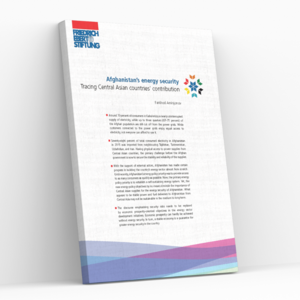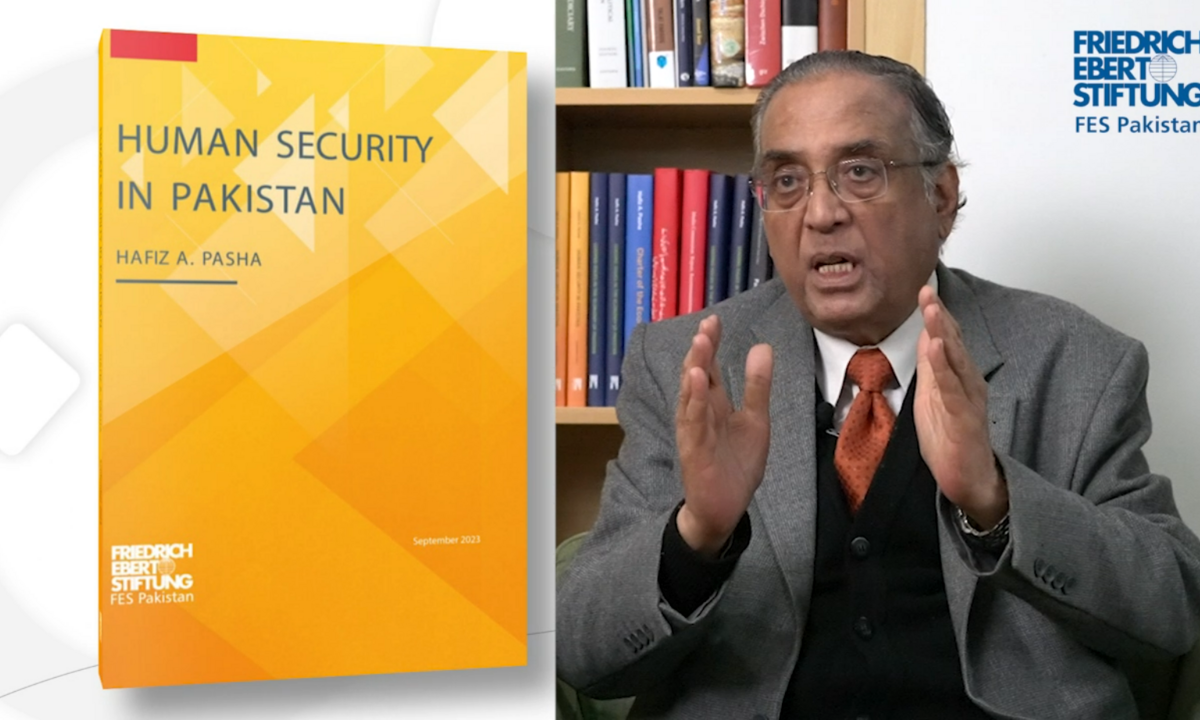Afghanistan’s energy security: tracing Central Asian countries’ contribution

Over the last 15 years, since the fall of the Taliban, Afghanistan has experienced a dramatic leap forward in granting its citizens access to power and light. The number of Afghans having access to grid electricity rose from 5 percent of general population in 2002 to 30 percent in 2015. However, as these numbers clearly show the full electrification of the country still remains a paramount task of the Afghan government and the international community. Access to energy concerns Afghan families and business owners nearly as much as security. No progress will happen without these two preconditions being met.
After 2001 Afghanistan has stepped out of international isolation and has significantly strengthened its ties to adjacent countries, especially to the energy rich northern neighbors in Central Asia. Many transnational projects like TAPI, CASA-1000 and OBOR are supposed to break the historic reclusivness of the region and bring development and progress by addressing energy insecurity of the country. A strong mutual partnership is needed for Afghanistan and Central Asia to continue their development and to diversify their economies.
Outcome of a joint collaboration of the Friedrich-Ebert-Stiftung (FES) Regional Peace and Security project, FES Kazakhstan and the FES Afghanistan office, the study was conceived and created through essential input by the Afghanistan Policy Group. It takes a sharp look on the compatibility and contradictions of energy politics and policies between Afghanistan and Central Asia and suggests recommendations on the field of energy security.
Farkhod Aminjonov focuses on three aspects of Afghanistan’s energy security priorities where Central Asian countries can play a role: (a) a source for stable electricity supply, (b) Afghanistan’s transformation into an energy self-sufficient country, and (c) Afghanistan’s development as a transit hub between Central and South Asia.
The findings reveal significant political, security and technical challenges in all three areas. First, the state of bilateral relations between Afghanistan and some Central Asian states, in addition to capacity issues within their borders, raise questions about reliability of these countries as suppliers in the long run.
Furthermore, Afghanistan’s efforts to develop its hydro power potential to achieve self-sufficiency could also draw it into conflicts with the Central Asian countries as it would undermine the supply of water to Afghanistan’s neighbours from these trans-boundary rivers. To minimise the risk of such conflicts, it is important that Kabul promotes dialogues with its neighbouring countries over water-sharing. Finally, the potential of Afghanistan as a transit hub remains contingent on the prevailing geopolitical and security situation on the ground.
The countries involved in trans-national energy projects should explore possibilities of co-opting insurgents into the system incentivising them to keep these projects running.
FES Asia
Bringing together the work of our offices in the region, we provide you with the latest news on current debates, insightful research and innovative visual outputs on the future of work, geopolitics, gender justice, and social-ecological transformation.





